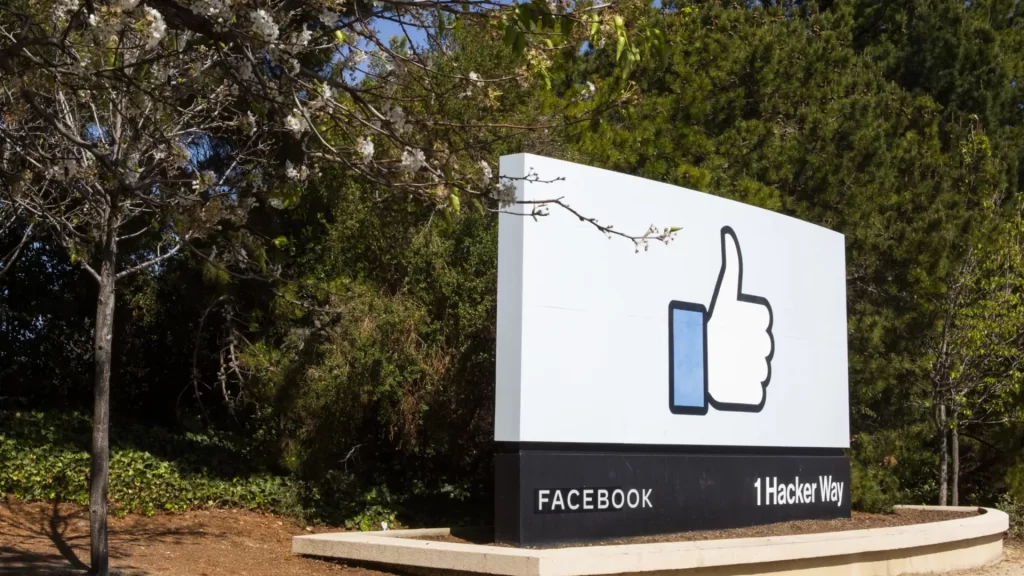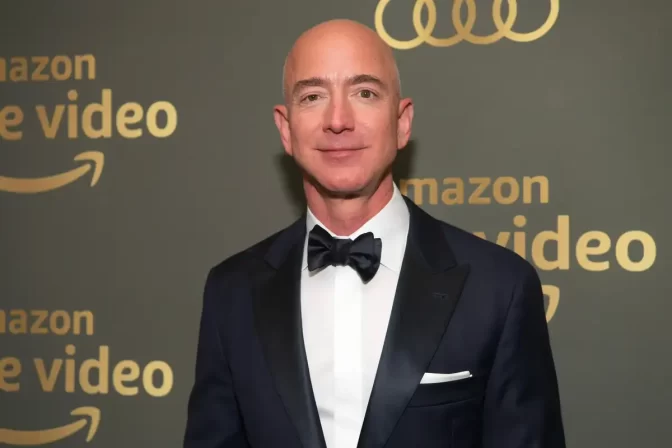A real check to Facebook CEO Mark Zuckerberg’s control is finally coming in the form of an 11 to 40-member Oversight Board that will review appeals to its policy decisions, like content takedowns, and make recommendations for changes. Today Facebook released the charter establishing the theoretically independent Oversight Board, with Zuckerberg explaining that when it takes a stance, “The board’s decision will be binding, even if I or anyone at Facebook disagrees with it.”
Slated to be staffed with members this year, who will be paid by a Facebook-established trust (the biggest update to its January draft charter), the Oversight Board will begin judging cases in the first half of 2020. Given Zuckerberg’s overwhelming voting control of the company, and the fact that its board of directors contains many loyalists, like COO Sheryl Sandberg and investor Peter Thiel whom he’s made very rich, the Oversight Board could ensure the CEO doesn’t always have the final say in how Facebook works.
But in some ways, the committee could serve to shield Zuckerberg and Facebook from scrutiny and regulation, much to their advantage. The Oversight Board could remove total culpability for policy blunders around censorship or political bias from Facebook’s executives. It also might serve as a talking point toward the FTC and other regulators investigating it for potential antitrust violations and other malpractice, as the company could claim the Oversight Board means it’s not completely free to pursue profit over what’s fair for society.
One of the most important projects I’ve worked on over the past couple of years is establishing an independent Oversight…
Finally, there remain serious concerns about how the Oversight Board is selected and the wiggle room the charter provides Facebook. Most glaringly, Facebook itself will choose the initial members and then work with them to select the rest of the board, and thereby could avoid adding overly incendiary figures. And it maintains that “Facebook will support the board to the extent that requests are technically and operationally feasible and consistent with a reasonable allocation of Facebook’s resources,” giving it the right to decide if it should apply the precedent of Oversight Board verdicts to similar cases or broadly implement its policy guidance.
How the Oversight Board works
When a user disagrees with how Facebook enforces its policies, and with the result of an appeal to Facebook’s internal moderation team, they can request an appeal to the Oversight Board. Examples of potential cases include someone disagreeing with Facebook’s refusal to deem a piece of content as unacceptable hate speech or bullying, its choice to designate a Page as promoting terrorism and remove it or the company’s decision to leave up problematic content, such as nudity, because it’s newsworthy. Facebook also can directly ask the Oversight Board to review policy decisions or specific cases, especially urgent ones with real-world consequences.
After Zuckerberg initially laid out a blueprint for the Oversight Board a year ago, Facebook assigned a 100-person team to build out the plan for the board. It held six workshops and 22 round-tables, plus case-review simulations with 650 people from 88 countries.
The board will include a minimum of 11 members, but Facebook is aiming for 40. They’ll serve three-year terms and a maximum of three terms each as a part-time job, with appointments staggered so there isn’t a full change-over at any time. Facebook is looking for members with a broad range of knowledge, competencies and expertise who lack conflicts of interest. They’re meant to be “experienced at deliberating thoughtfully and collegially,” “skilled at making and explaining decisions based on a set of policies,” “well-versed on matters relating to digital content and governance” and “independent and impartial.”
Facebook will appoint a set of trustees that will work with it to select initial co-chairs for the board, who will then assist with sourcing, vetting, interviewing and orienting new members. The goal is “broad diversity of geographic, gender, political, social and religious representation.” The trust, funded by Facebook with an as yet undecided amount of capital, will set members’ compensation rate in the near future and oversee term renewals.
Culled From: TechCrunch










